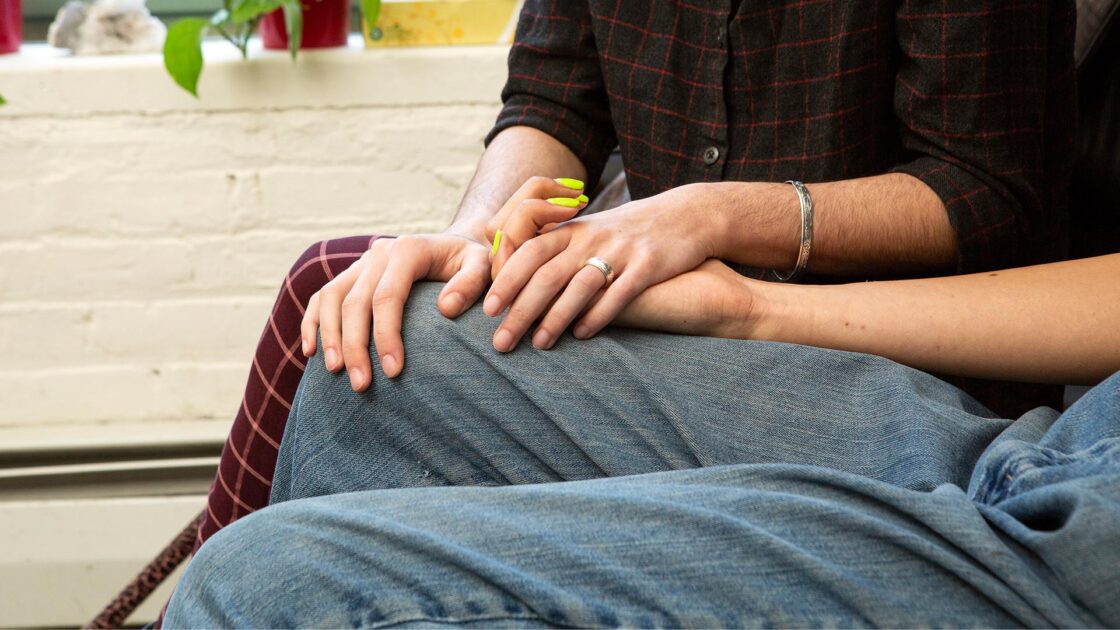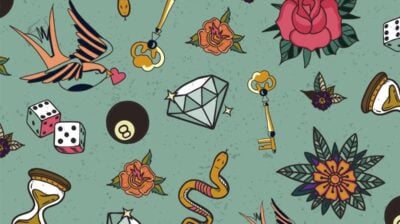Stigma facing young people highlights the need for inclusive sex education
Amy O’Brien speaks to those whose experiences are currently left out of the current sex education curriculum.

Able-bodied people and people with disabilities themselves often think that people with disabilities can’t have a relationship or sex. This is completely untrue but Relationship and Sexuality Education (RSE) needs to be more inclusive of people with disabilities because their experiences can vary and they may need different answers.
However, it’s also important that able-bodied people are given inclusive RSE because they may have a disability in the future, you may not know about their disability or they may have relationships with a person living with a disability. Differently-abled bodies should be represented in relationships and sex; to everyone’s benefit.
Oisin, 18
Oisin Putt is 18 years old and is a Leaving Cert student at an Irish speaking school in Rathfarnham, Dublin. He was born with Spina Bifida and Hydrocephalus which means that he is paralysed from the knees down and has limited bowel and bladder function. He has also developed scoliosis in his lower back and hips due to having been in a wheelchair for so long.
“My experience of RSE classes in mainstream secondary schools has left me with more questions than answers. To my memory, there is no section in the RSE curriculum that includes extra information about sex for those with mobility issues or wheelchair users.
“For a long time, learning about sex and sexual health etc made me feel as though I could never have sex due to my disability. It was only after I had done my own research that I had discovered that wheelchair users and people with mobility issues actually can have sex and I find that this is a common misconception amongst my peers and in society in general.
“I have grown very accustomed to talking about sex and about my issues with RSE related things because of the amount of people I’ve met that have just assumed I can’t have sex or have an intimate relationship with somebody due to my disability. It is the lack of awareness and inclusiveness in the RSE curriculum that has created this stigma around whether or not a person with a disability can still have a romantic or intimate relations i.e have sex. The truth is it varies from disability to disability.”
Good communication is vital
Another myth is that a disability is less attractive when actually, liking anyone depends on the individual you’re attracted to. Still, devoteeism does exist. Devoteeism is where people only feel attracted to people with disabilities. It’s very important that you feel comfortable with this and that it isn’t a fetish that relies on vulnerability.
It’s so important to have good communication in any relationship because what you can do and what you want to do is likely to differ. When a partner with a disability is trying to talk about this, able-bodied people need to be understanding and supportive. Some neurodiverse (a word to describe conditions like ADHD, Autism, and Dyslexia) people may not be comfortable with certain levels of contact. It’s also okay to feel that you don’t want romantic or sexual relationships but it is still vital to know that you can.
Kerri, 16
Kerri, 16, she/they, is currently undergoing assessment for autism and ADHD (neurodivergent). Kerri shared her experience of being in a relationship as a neurodiverse person with me.
“I feel like RSE has tried to be inclusive only when there is outrage over non-inclusivity but there isn’t any first-hand experience or stories and it’s mainly a generalisation of what non-disabled people think disabled people go through.
“When it comes to relationships myself I’ve only been in one but it didn’t really feel right and felt more like something that was expected of me to be in. I can barely make eye contact most of the time so I was constantly uncomfortable.
“Sexuality is also something that I considered more when in that relationship and I’ve been able to come to terms with my sexuality and how I identify and feel. Most people see autistic people and people in general as prudish if they aren’t comfortable with any contact (platonic or romantic) when it isn’t a preference, it’s just how we are and how our brains work compared to neurotypical people.
“I think when people think of disabled people and sexual health that it’s just physical disabilities. Even then there’s still misinformation and generalisations when all people experience their disabilities in a different way.
“Intellectual disabilities don’t seem to be considered in sexual health and people don’t seem to consider people with intellectual disabilities as any different when it comes to sexual health. Yet they seem to still have a problem with how we act or our opinions on sexual health and sex in general. There’s a grey area with disabilities in RSE and since everyone’s different, people don’t want to learn since it’s not a one size fits all situation.”
Beauty in diversity
Your body and mind may function differently to some, but that is completely okay and beautiful too. How you have sex or a relationship may have to change according to your needs as well.
Everyone can have sex, however you define it. Sex does not need to involve penetration. A law in Ireland that tried to stop people with different mental abilities from having relationships or sex because they are not deemed able to consent was changed in 2017.
A report from the Irish Examiner stated that “the new rule will instead consider whether a person who has an intellectual disability has the capacity to consent to a sexual relationship” rather than unjustly banning it outright. But trying a variety of things with partners or through masturbation can help you find what wonders work for you.
Consent is when people agree together that they definitely want to have sex, or do any sexual act, it must be freely and voluntarily given. You can legally consent to sex at 17 and is important for any sexual act no matter your sexuality, gender or disability.
As put by David Barry, the Youth Service Coordinator with the Irish Wheelchair Association: “all people can be ‘sexual’ and that will mean something different for every individual. It may take many years for a person to realise what being ‘sexual’ will mean to them.”






